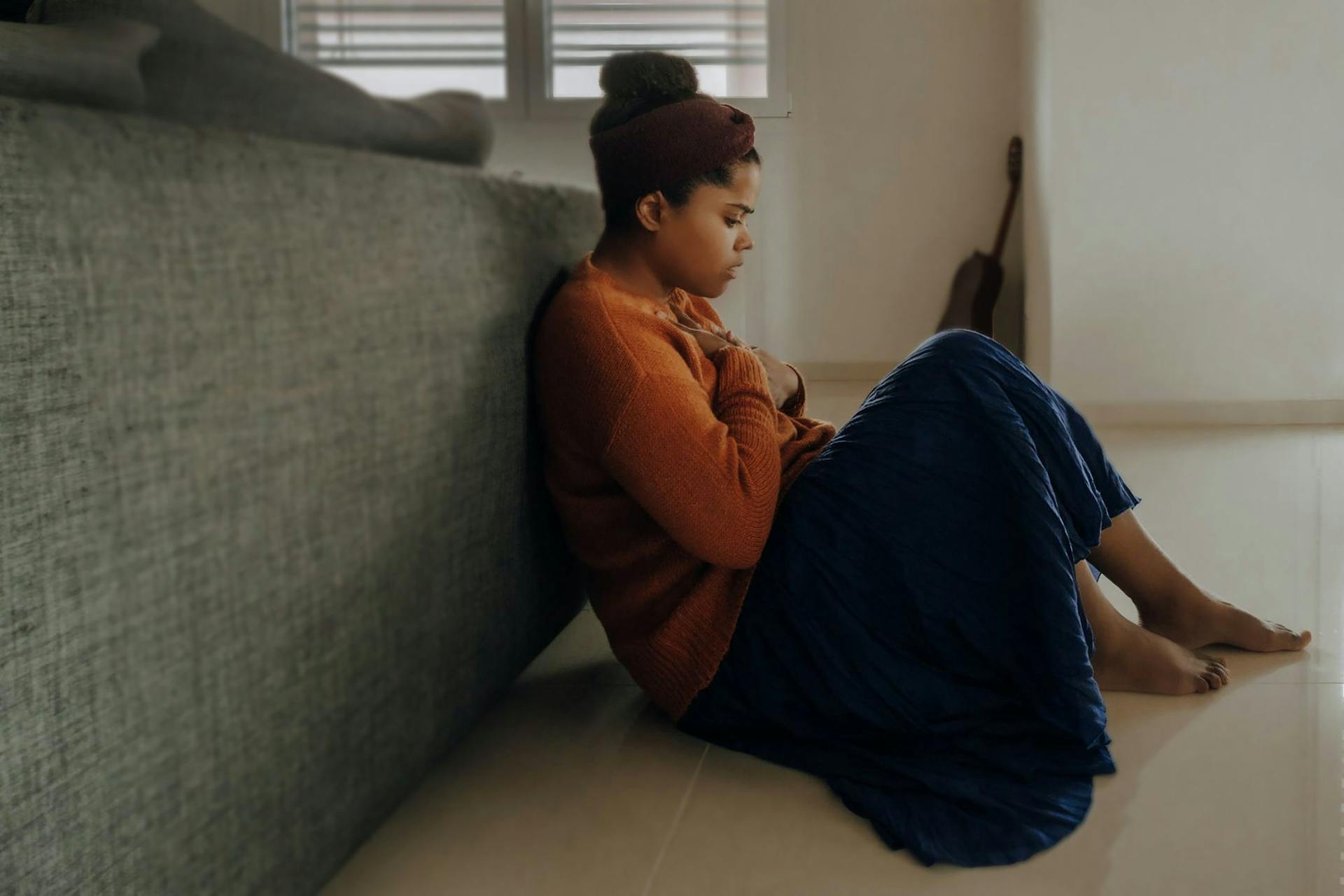
A tide of dread sweeps through you. Your heart starts to race; your chest feels tight, and your breath quickens. The anxiety starts picking up pace; crashing onto all sides. You can’t seem to get control of it. How can you slow your racing heart to calmer waters?
If you do feel like you’re wading in water a lot of the time, you are not alone. In a recent Mental Health Foundation survey, a quarter of adults said anxiety actually stops them from going about life in the way they want to. One symptom of anxiety is heart palpitations. Let’s take a look at how they feel, why they happen, and some strategies to turn down the anxiety tap when symptoms are in full flow.
What do anxiety-induced heart palpitations feel like?
Maybe you feel it in your chest or your throat first. Things don’t feel quite right as your heartbeat feels uncomfortable or a bit ‘off’. This might only last for a few seconds. Or can last minutes - and even longer. It can feel more like a fluttering, or loud knock at the door.
Why does anxiety cause a racing heart?
Sometimes you may feel uneasy about something. And this can be a very unconscious ‘something’ - we aren’t always consciously aware of the things that cause us stress. This stress activates the body’s autonomic nervous system or the ‘fight, flight, or freeze response’, increasing your heart rate. According to Harvard Medical School, emotional upset sets off the release of stress hormones, “which act on the same brain areas that regulate cardiovascular functions such as heart rate and blood pressure.”
In the video below, Psychotherapeutic Counsellor Katie Page MBACP, BA (Hons) explains more about anxiety, the benefits of therapy, and how to find the right counsellor for you.
Hypnotherapy directory member, Juliet Hollingsworth says in her article, 5 ways to slow your heart rate when anxious, “It makes a lot of sense; your body needs to pump the blood to all the muscles required to fight or flee the threatening situation.”
As many of the things we feel anxious about are not actual threats to our survival, we don’t actually have to get up to either run away or fight. So instead of the mind and heart returning to a calmer state, the anxiety stays. This creates a vicious spiral as now you may start to worry that your heart is pounding, inevitably aggravating the stress response. Juliet says,
“Anxiety often causes anxiety. For example, the faint feeling of anxiety can frighten you so much that your anxiety grows, and everything feels much stronger.”
How can I slow down my heart rate and improve my anxiety levels?
The good news is there are lots of things you can do to slow down your heart rate and feel better about life in general.
Breathwork
If you are struggling with heart palpitations, gaining control of your breath can help settle anxiety levels. Hypnotherapist Juliet Hollingsworth recommends breathing down into the belly button as an effective way to breathe. Diaphragmatic breathing not only helps you relax, but it also improves the efficiency of the lungs, slows the breathing rate, and lowers both heart rate and blood pressure. When you feel the onset of heart palpitations, a quick tip is to make your exhale longer than your inhale.
Holistic therapies
If you are looking to restore your body’s natural balance, you may find holistic therapy such as reflexology, yoga, or massage therapy really helpful. Holistic practices can help overall wellness, improve mental clarity, and provide relief from everyday stresses.
Keep healthy
Sometimes just reminding yourself of the basics can get you far. Getting good quality sleep, keeping well hydrated, avoiding stimulants, taking breaks, and exercising regularly can all help reduce anxiety.
Seek help
If you are worried about anxiety and need to talk to somebody in a confidential space you may find it helpful to visit the Hypnotherapy Directory to find support with anxiety-related heart palpitations.

